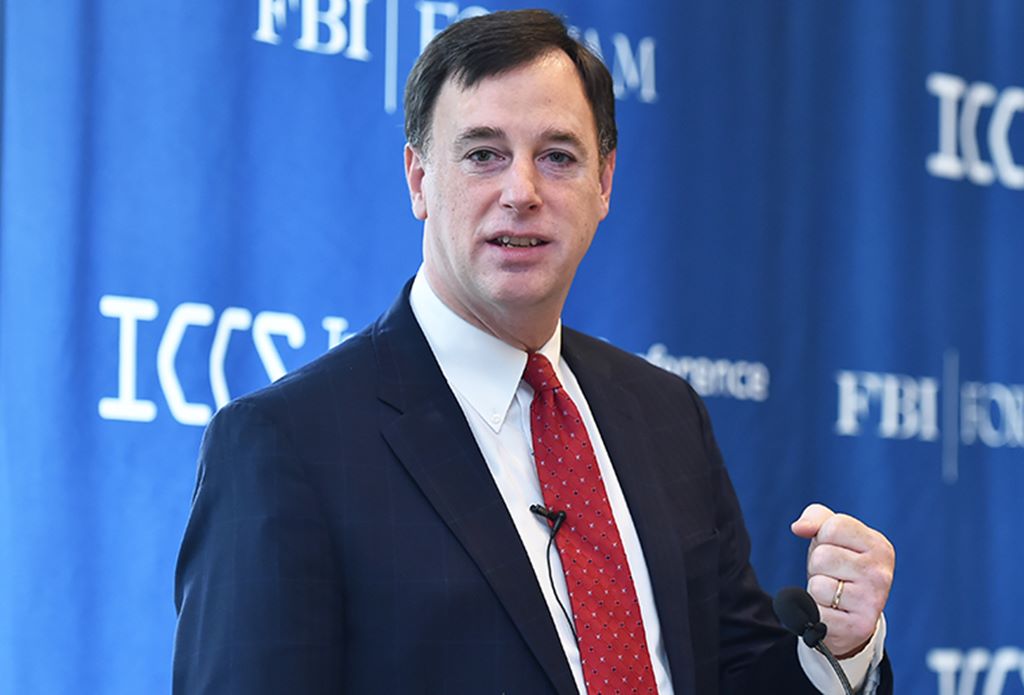Speaking at the Munich Security Conference in Germany, Rob Joyce, special assistant to President Donald Trump and White House cybersecurity coordinator, dwelled on the need to better understand bitcoin’s risks and benefits before embarking on a regulatory process.
The U.S. government is nowhere close to regulating bitcoin, White House official Rob Joyce said, echoing comments from U.S. Treasury Secretary Steven Mnuchin.
“I think we’re still absolutely studying and understanding what the good ideas and bad ideas in that space are,” he said when asked about the potential for government regulation. “So, I don’t think it’s close.”
“We are worried. There are benefits to the bitcoin concept — digital cash, digital currencies,” Joyce told CNBC. “But at the same time, if you look at the way bitcoin works after there is a criminal act that takes place, you can’t rewind the clock and take back that currency.”
Joyce mentioned bitcoin’s ‘lack of a trail’, noting that in the case of credit card theft, for instance, individuals or companies can contact their banks and purchases can be undone and the cash retrieved.
“With the current instantiation of bitcoin and other cryptocurrencies, we haven’t figured that out yet. So it’s a problem,” he said.
Last year, the White House said it was monitoring bitcoin and other cryptocurrencies:
Asked about cryptocurrency, the White House said they’re monitoring it. Pushed further, Sanders mentioned Homeland Security specifically. pic.twitter.com/55n3SI0NvE
— Fran Berkman (@FranBerkman) November 30, 2017
The U.S. Senate Judiciary Committee is working on bill S.1241, aimed at “Modernizing AML Laws to Combat Money Laundering and Terrorist Financing”.
The bill criminalizes “intentionally concealing ownership or control of a bank account,” according to Ranking Member of the Judiciary Committee, Senator Dianne Feinstein. This would include concealed bitcoin ownership or other similar “prepaid instruments”.
If passed, the bill would affect cryptocurrency holders both in the U.S. and abroad.
Image source: Fordham University












